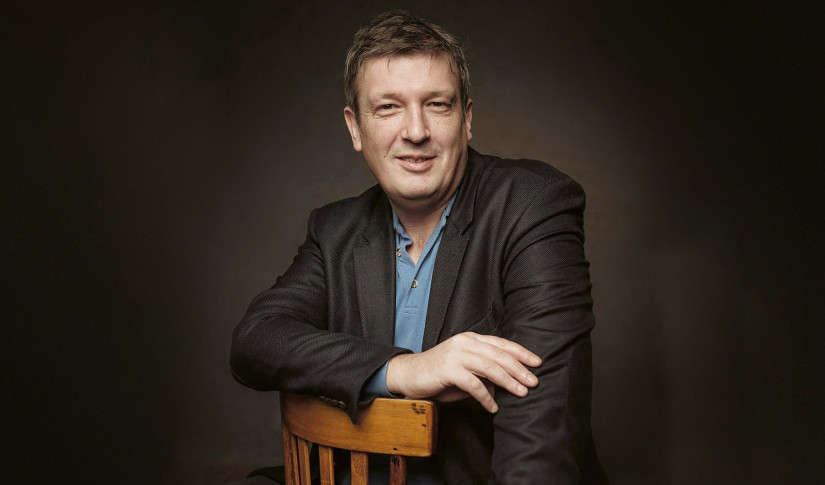
9 November 2020, 19.30-22.00
Grand Hall
Concerto Budapest
Brahms: Piano Quintet in F minor, Op. 34
Liszt: Piano Concerto No.1 in E-flat major
Liszt: Piano Concerto No. 2 in A major
Conductor and featuring on piano: Boris Berezovsky (piano)
Keller Quartet: András Keller, Zsófia Környei (violin), Gábor Homoky (viola), László Fenyő (cello)
Concerto Budapest
The simply astonishing Russian piano virtuoso Boris Berezovsky has been a guest of András Keller and Concerto Budapest on several occasions – and each time he arrived in Budapest with a generous and at the same time particularly complex programme. Now, however, Berezovsky’s artistic undertaking is, if possible, even more imposing than before because he is involved in all three segments of the concert. The first number is the culmination and jewel of Brahms chamber music, the F minor piano quintet originally designated as a string quintet. In this, Berezovsky’s partner is Keller Quartet, founded in 1987 and ranked among the finest Hungarian string quartets. The programme then features two Liszt piano concertos: the dramatic solo part of the E-flat major concerto was written by the devilishly adept pianist composer for none other than himself. The A major piano concerto, although written in parallel with the first, only debuted in front of an audience a few years later, at Weimar, when Liszt undertook the role of conductor.
Presented by
Concerto Budapest
Tickets:
HUF 2 400, 3 500, 4 300, 5 200, 6 400


